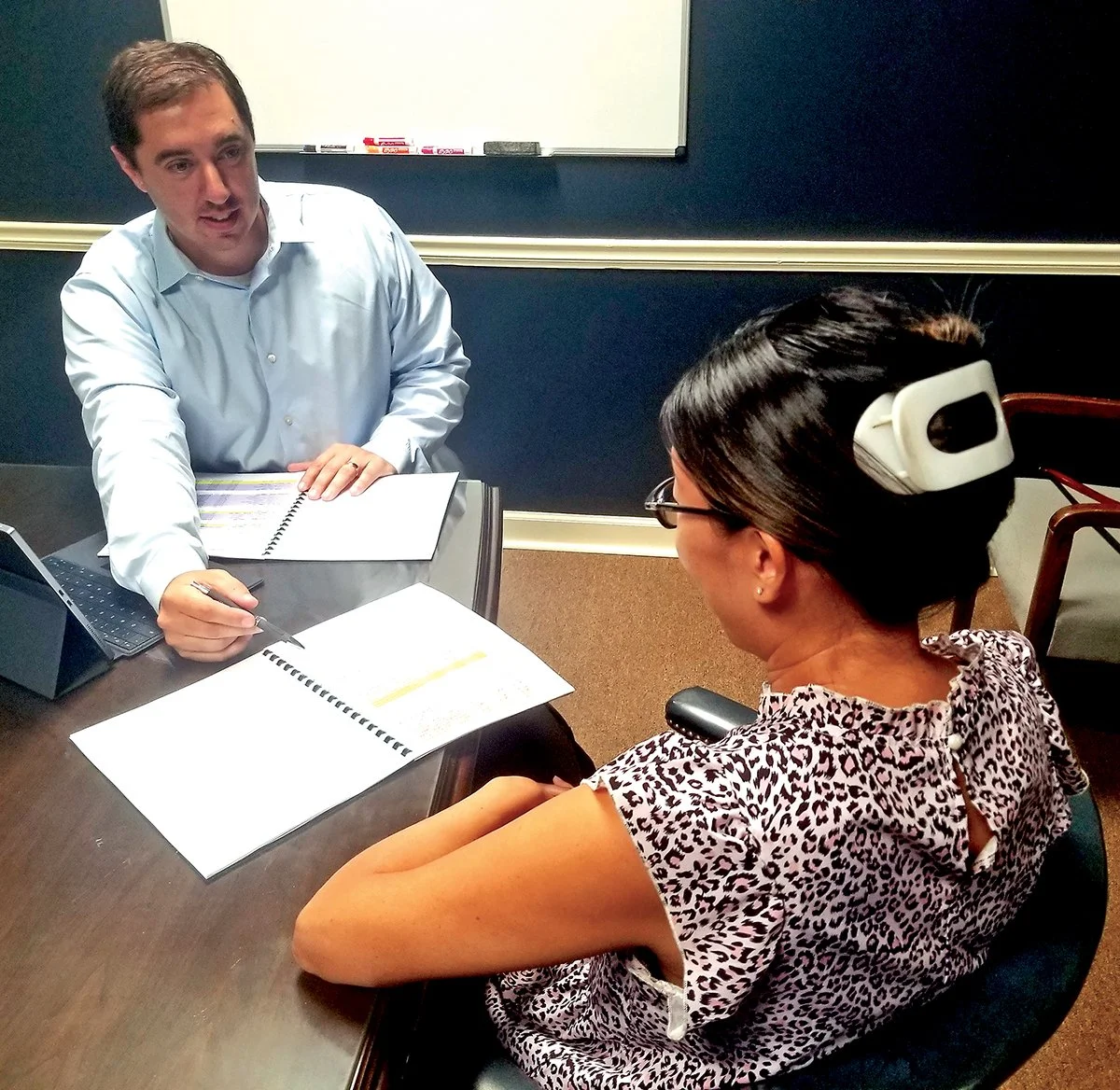Preparing for the Inevitable: End-of-life planning
Written by NEIL MONROE and JACKIE KENNEDY
John Daviston of McKoon Funeral Home and Crematory says preplanning a funeral can relieve family members of making difficult decisions following the death of a loved one. Photo by Beth Neely.
Modern life is filled with challenges: work, school, bills, family and trying to stay healthy. In fact, we’re focused on the here and now so much that we might ignore an intractable issue that can make life, well, miserable for those we care about the most: What happens when we die?
What happens to our money, our house, our children? What about our remains?
For nearly everyone, the first thing we feel when a family member dies is a bit of panic. We don’t know what to do or how to manage the remains of our loved ones. So, we call a funeral home.
Planning a service you won’t attend
John Daviston, owner of McKoon Funeral Home and Crematory, a Newnan institution since 1907, has been answering such calls and responding to the needs of grieving families for most of his life.
“In the funeral business, we’re blessed to be able to help people in a dire time of need,” says Daviston. “There are always so many questions, so many things that must be done, regardless of how prepared or unprepared a family might be.”
While funeral homes are equipped to arrange services whether or not arrangements are made prior, preplanning a funeral can be helpful to family members left behind.
“It’s important to preplan so that your family knows exactly what to do,” says Daviston, noting that arrangements made ahead of time might include choosing everything from a casket and burial site to what songs are played at the service and who serves as pallbearers. “Sometimes telling people what you want is not good enough. Will they remember the specifics?”
Writing it down in a plan that’s kept at your local funeral home can relieve family of the guesswork that might accompany the death of a loved one. At McKoon, even before staff members go to the site of the deceased, they check their prearrangement files, according to Daviston. If arrangements have been made, they’re able to comfort the family by letting them know all that’s left to decide is the date and time.
“With preplanning, essentially the road path is already there,” says Daviston, noting that on almost a daily basis, someone visits the funeral home to discuss making prearrangements.
At McKoon, that service is free of charge, although some opt to prepay their casket or urn.
“Prepayment is not the most important part,” Daviston says. “What’s most important is getting your wishes and desires in print so your loved ones know what to do after death occurs.”
Another advantage to preplanning is that it allows people to alter their plans as changes occur in their life. At McKoon, Daviston had a standing appointment each spring with a client to review her service arrangements and update them as she saw fit.
“She’d add pictures to her photo portfolio for her future video or make other changes,” says Daviston. “That’s the beauty of doing this ahead of time. If you hear a new song you like, call and add it to your prearrangements.”
While the average age for those who preplan a celebration of life is over 60, more younger people are choosing to plan ahead, according to Daviston.
Michael Hill‚ attorney with Glover and Davis‚ oversees the legal signing of a client’s will along with witnesses and a notary public. Working with Hill are‚ from left‚ Lisa Stoel‚ receptionist; Nicole Vaughan‚ office manager; and Joy Morton‚ preclosing legal assistant. Photo by Jackie Kennedy.
Where there’s a will, there’s a way
After a family has buried its loved one, the next task often involves coping with business affairs, paying bills and settling an estate.
For most, the specter of meeting these challenges can be downright scary. But with planning – by putting in place a roadmap for family to follow the way after our death – we can avoid serious complications that our loved ones otherwise might face.
From creating wills and/or trusts to detailed estate planning, a little preparation and forethought can make leaving this earth a far easier thing for those we leave behind, according to Michael Hill, a partner with the Newnan law firm of Glover & Davis.
“Addressing these issues is important for everyone,” says Hill. “A will establishes your desires as to how things you leave behind will be handled. If you die without a will, everything you own or have will be distributed according to state law. In the end, it’s far easier and better to have parameters set through a will for your estate. It allows you to designate asset distribution and to designate a conservator or guardian for your children.”
Consulting with an attorney can also determine if you and your family might benefit from more detailed strategies, such as establishing a trust that controls your assets as you get older. These kinds of strategies are often executed in a collaborative process with a family’s financial planner.
“As attorneys, we aren’t able to look at growth strategies or investment allocations for your assets,” Hill says. “That’s clearly the job of the financial planner. But working together, we can spot legal pitfalls that can create serious issues for your family or the estate you leave behind.”
Brett Moore‚ managing partner and senior wealth advisor with RBM Wealth Management Group‚ works with a client to update her investment plan. Photo by Jackie Kennedy.
Get your finances in order
When it comes to dodging potential financial pitfalls, Brett Moore, managing partner and senior wealth advisor with RBM Wealth Management Group in Newnan, agrees with Hill on the importance of consulting with a financial planner. He says early, and continual, financial planning can make all the difference during end-of-life years.
Moore, an Accredited Estate Planner®, points to three critical areas where families most often make costly mistakes: beneficiary coordination, changing tax and inheritance laws, and improper insurance/long-term care planning.
Moore highlights the importance of keeping beneficiary designations up to date on retirement accounts and life insurance.
“People assume their will controls everything, but beneficiary forms override your will, and that’s where we see major problems,” he says. “Your will or trust may be a perfectly written document, but if you don’t take it to your financial planner and line up all your investments and insurance with what the lawyer did, there could be trouble.”
Naming the wrong beneficiary, or forgetting to update one, can unintentionally disinherit those you love, according to Moore.
Keeping current on tax laws is another major concern, he says.
While the current federal estate tax only affects estates above $13.99 million, Moore warns that this limit could shrink quickly depending on legislation. Meanwhile, non-spouses who inherit a retirement account fall under the new required minimum distribution rules, forcing heirs to take withdrawals over a shortened time frame – and potentially increasing their tax burden, he says. Moore notes that life insurance with the tax-free death benefit, as well as early investment planning, can help offset this burden.
“Coordinating investment strategy, legal documents and insurance – ideally with both a financial planner and an estate attorney – gives families the best chance to minimize taxes, protect inheritances and even carve out charitable gifts that reflect their values,” says Moore.
Just as the insurance industry continues to evolve, long-term care coverage has changed dramatically in recent years, according to Moore.
“Long-term care costs are one of the fastest ways to erode a family’s assets,” he says. “The good news is that insurance options have evolved from traditional ‘use it or lose it’ plans to hybrid policies tied to life insurance or annuity-based products.”
He notes that understanding these tools before care is needed can help families avoid spending down assets, preserve legacy goals, and reduce financial burden on their children – all good things to consider when making end-of-life plans. NCM



